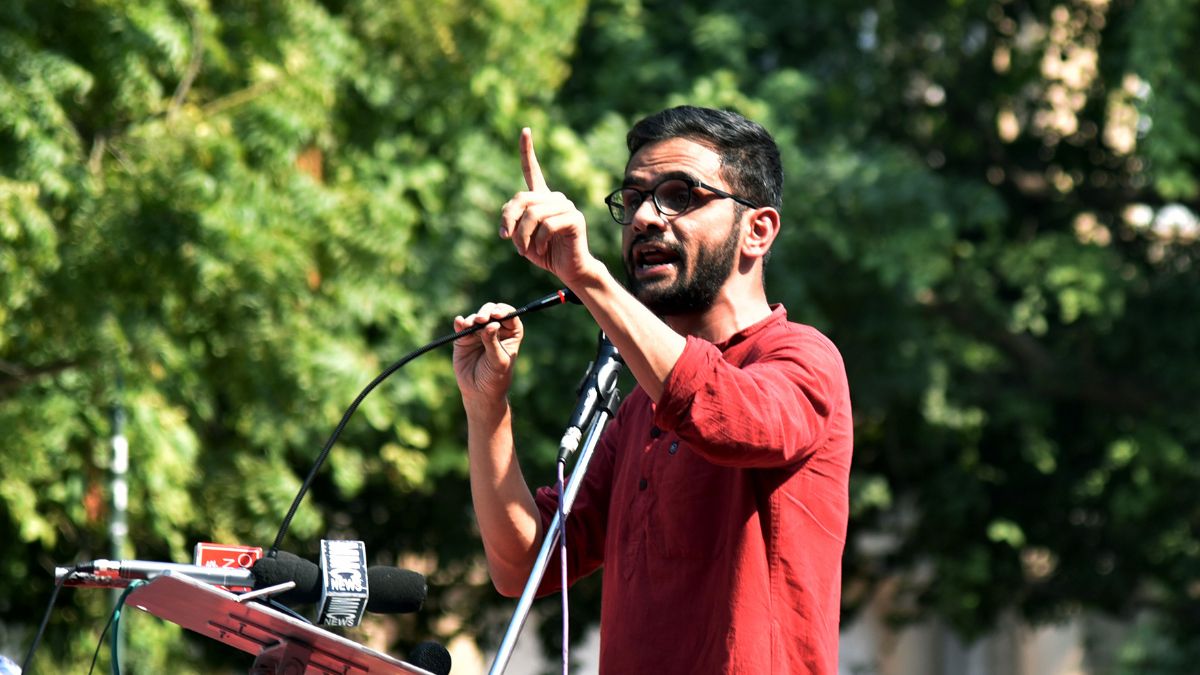Delhi Riots Case: High Court's Stern Warning Amidst Bail Plea Hearings
The Delhi High Court recently issued a stern warning to the Special Public Prosecutor (SPP) representing the Delhi Police in the ongoing bail hearings for Umar Khalid, Sharjeel Imam, and several others accused in the 2020 Delhi riots conspiracy case. The court expressed its frustration with the protracted legal proceedings, emphasizing the need for a swift resolution. This high-profile case, involving serious charges under the Unlawful Activities (Prevention) Act (UAPA) and the Indian Penal Code (IPC), has captivated national attention and raises crucial questions about justice, free speech, and the balance between maintaining order and protecting civil liberties.
The Heart of the Matter: Bail Pleas and Protracted Legal Battles
The core issue revolves around the bail applications of key figures accused of orchestrating the widespread violence during the 2020 Delhi riots. The accused, including prominent figures like Umar Khalid and Sharjeel Imam, have challenged the trial court's denial of bail, citing prolonged detention and seeking parity with co-accused who have already been released on bail. These are not routine bail applications; they represent complex legal challenges demanding meticulous examination. The SPP's request for more time to comprehensively outline the roles of each accused reflects the intricate nature of the case and the mountains of evidence needing careful consideration.
The SPP's Plea and the Court's Response
The Delhi High Court, while understanding the complexity of the case, firmly stated that the process cannot continue endlessly. The court's impatience reflects the public's demand for justice and closure in a case that significantly impacted the nation. The SPP's justification for the time extension, emphasizing the gravity and magnitude of the charges, highlighted the complexities and sensitivities surrounding this significant legal battle. While respecting the need for a thorough investigation, the judge emphasized the urgent need for swift resolution to provide justice for victims and clear the backlog of similar high profile cases.
The Accused and the Allegations: Unraveling the Conspiracy
The charges against Umar Khalid, Sharjeel Imam, and other accused include involvement in a larger conspiracy behind the 2020 Delhi riots. The prosecution alleges that provocative speeches delivered by some of the accused fueled the violence. These claims include allegations that the speeches were aimed at inciting a ‘chakka jam’, or blocking major roads, and also assert that Shaheen Bagh protests were orchestrated by Sharjeel Imam despite opposition from residents. These allegations underscore the high stakes involved and necessitate a thorough judicial investigation.
Delving into the Details: The Charges and the Evidence
The accused have been charged under stringent laws, including the UAPA, indicating the seriousness of the allegations. The accusations include charges relating to orchestrating violence resulting in 53 fatalities and countless injuries. The scale of the violence, the gravity of the consequences, and the significant public attention it received makes this a case requiring detailed analysis. As these were high profile protests at the time, multiple cases are underway. This complicates the issue and makes a thorough investigation crucial for a just and comprehensive conclusion. Evidence presented by both the prosecution and the defense will be meticulously examined to ensure a fair verdict and upholding the integrity of the legal system.
The Path Ahead: Delays, Challenges, and the Pursuit of Justice
The court's decision to emphasize the need to end the case quickly does not mean that there is a compromise of justice. While expressing their impatience with the slow progress, the judges indicated their awareness of the magnitude of the allegations and evidence at hand, suggesting this isn't simply a dismissal of legal complexities, but an assertive prompt for increased efficiency. This pursuit of justice involves several facets: ensuring a fair trial, honoring the rights of the accused, providing appropriate punishment for those found guilty, and offering closure to the victims of the 2020 Delhi riots.
Seeking Balance: Fair Trial vs. Timely Conclusion
Balancing the rights of the accused with the need for timely resolution presents a unique challenge to the judiciary. Striking this delicate balance between upholding due process and meeting the urgency demanded in a case with such far-reaching implications is crucial for the credibility of the legal system and the trust in the legal process. Public confidence in the legal system is crucial; swift action in cases such as these can often be interpreted as a sign of effective governance and judicial action.
Take Away Points
- The Delhi High Court's warning underscores the importance of swift justice.
- The bail pleas in the Delhi riots case highlight the complex legal battles involved.
- Balancing the rights of the accused with the need for timely resolution is crucial.
- The case underscores the need for thorough investigations and fair trials in sensitive matters involving potential injustices.




